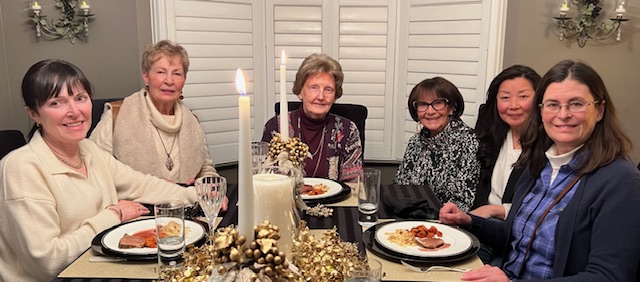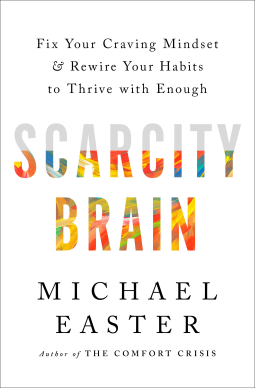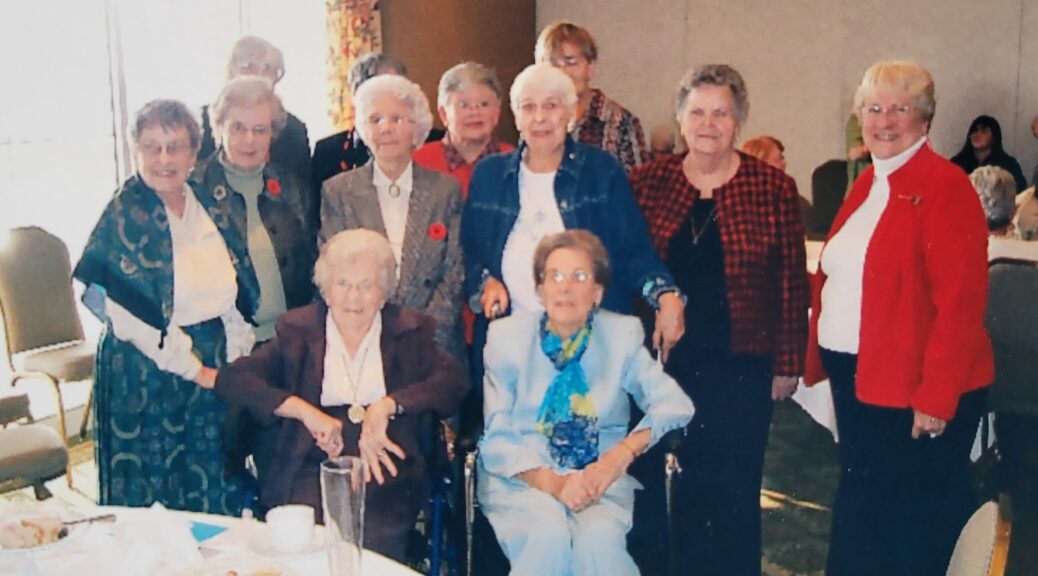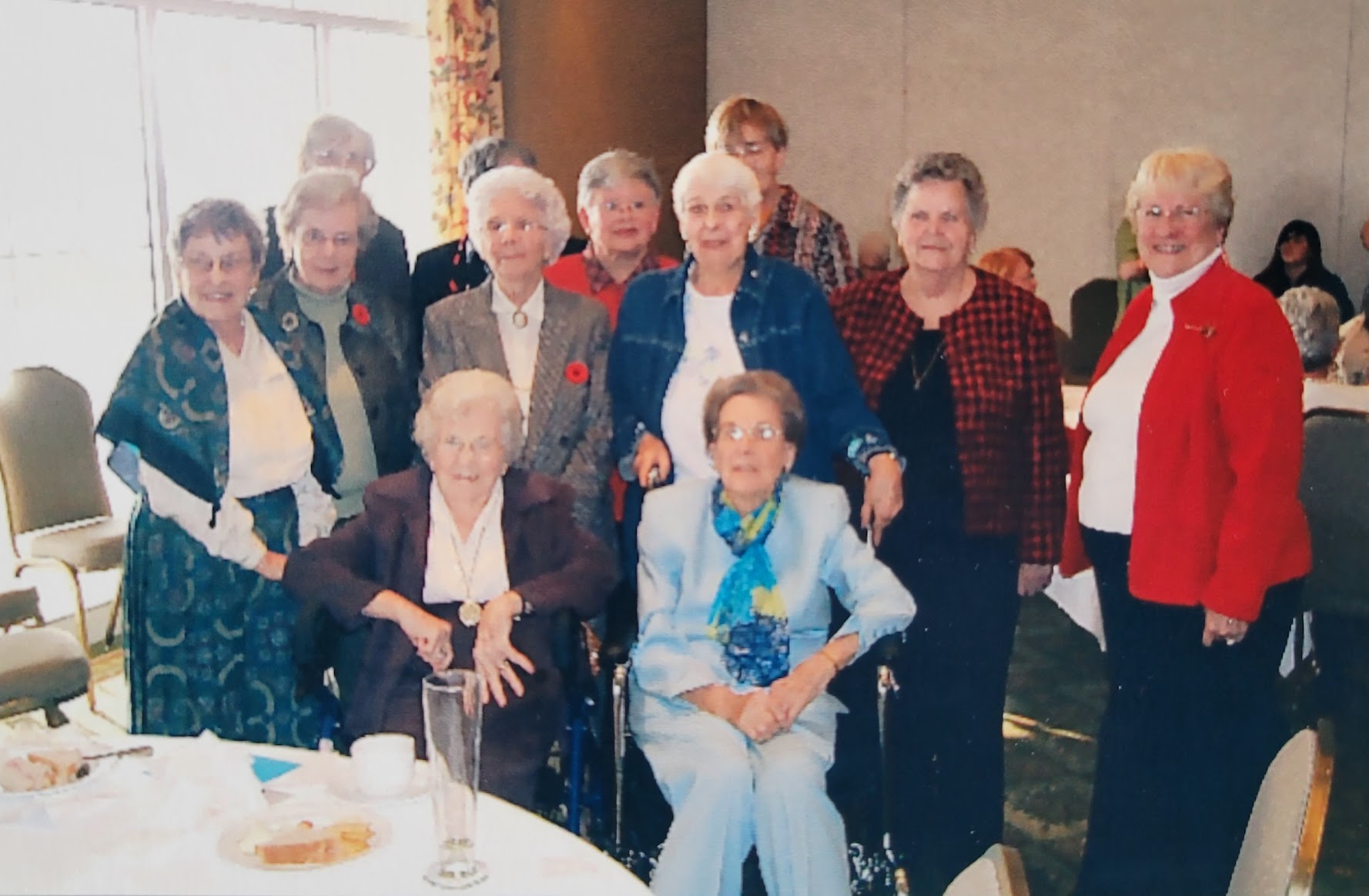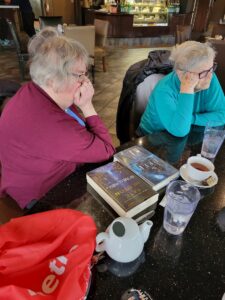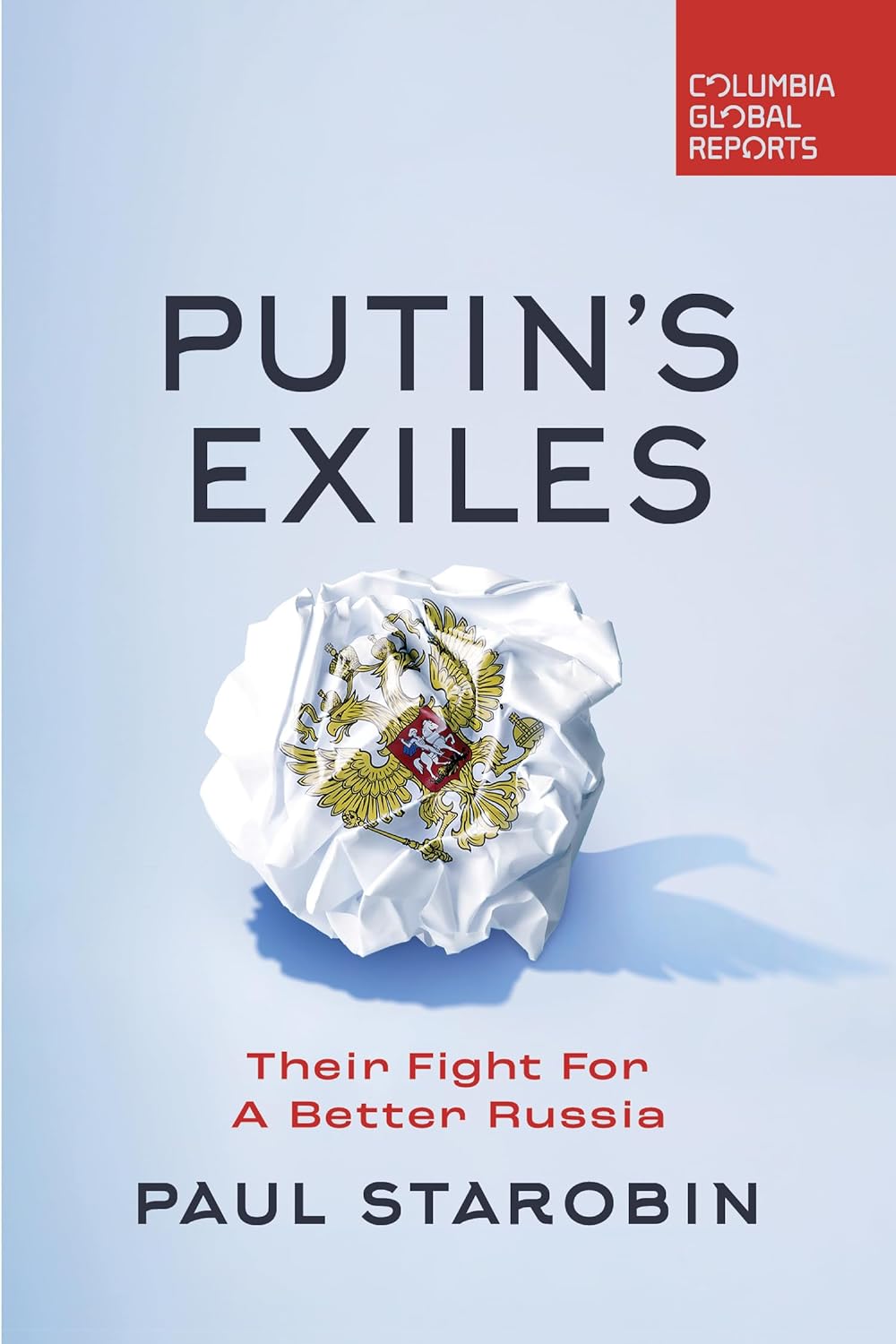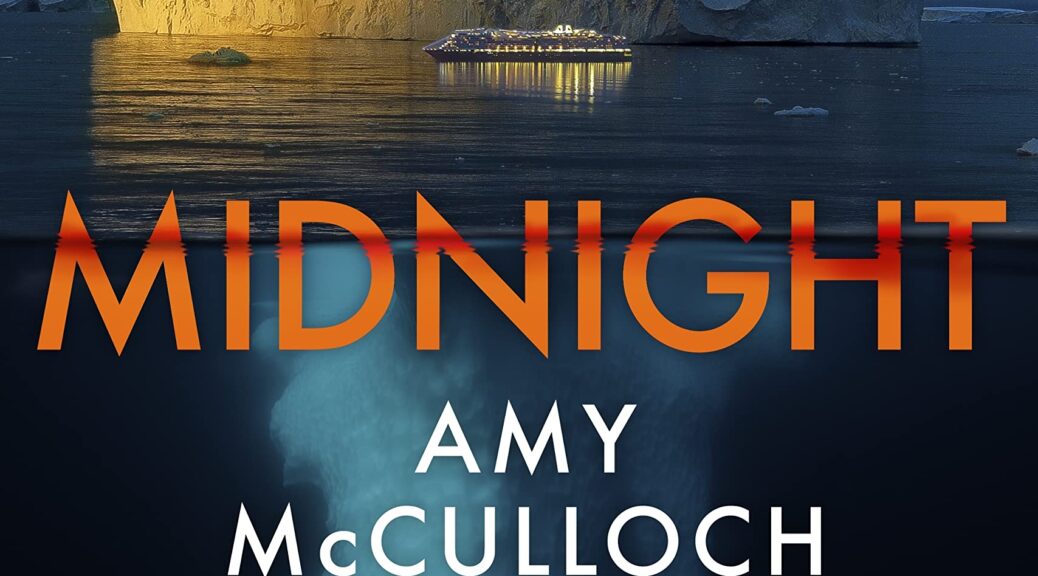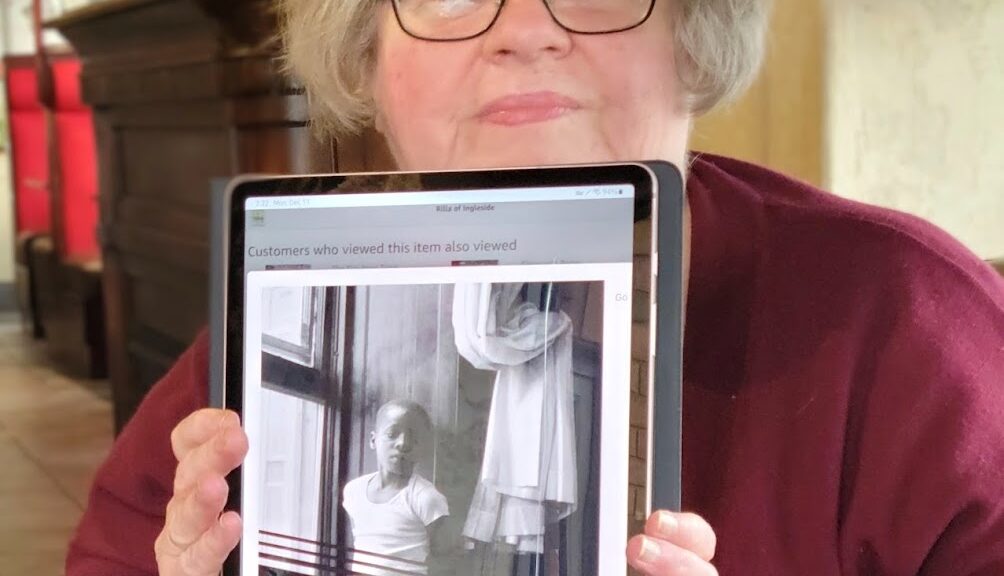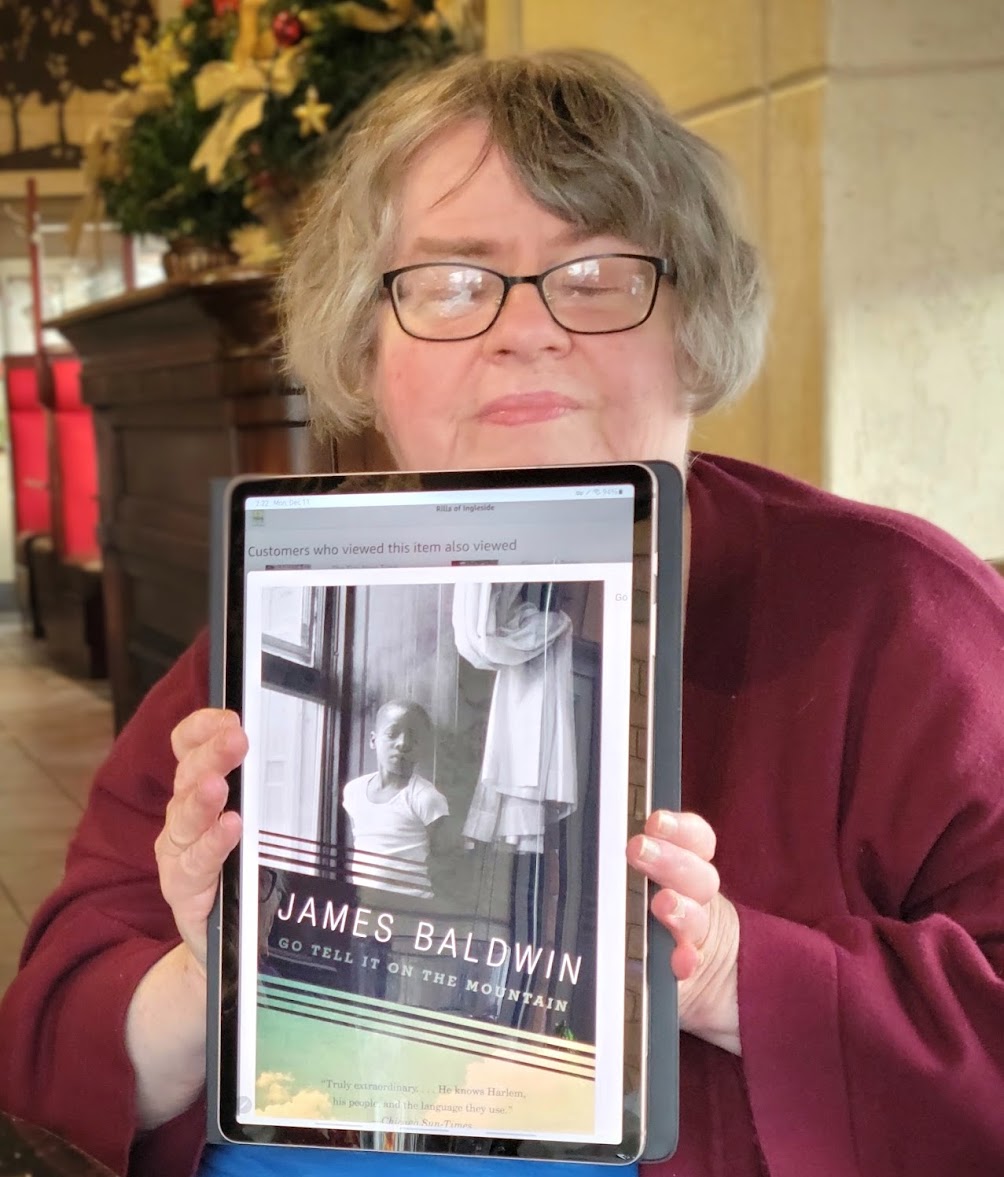
This was our last ZOOM mtg for the winter and we are all looking forward to “pressing the flesh” in April. But we enjoyed discussing Snow Road Station by Elizabeth Hay. In the winter of 2008, Lulu, a 62 year old actor, lands a dream role in a Samuel Beckett play.
She has a limited time to learn it but she manages the first few performances and then starts to flub her lines. From there her career and life begin to unravel. Acting has been central to
Lulu’s life. In her sixties now, a sexy, unfooled woman well-versed in taking risks, out of work, humiliated, she escapes to a family wedding and an old friend at Stone Road Station. She decides she is through with drama. She thinks she wants peace. She finds anything but…At the centre of it all is the friendship between Lulu and Nan. As the two women contemplate growing old, they surrender certain long-held dreams and confront the limits of the choices they’ve made and the messy feelings that kept them apart for decades. Snow Road Station is not so much a story with a plot. Rather it is a series of life relationships and changes – some harsh and imposed, others slowly emerging and evolving.
Several other characters, mostly men, share in these tangled relationships and we watch them as they emerge and evolve and settle. The difficult work of making maple syrup is a central theme. The work itself is often where the intersection of characters and their conversations occur. Stone Road Station opens with a marriage and the promise of social cohesion. However, things quickly begin to fall apart: the nuptials are threatened, Lulu loses her place in the world. But the story closes with the establishment of new romantic relationships and the birth of a much-loved child — a child who, in many ways, restores Lulu to herself. Everyone gave this book a thumbs up – it is tender and insightful. Losses often open the way
for new and wonderful opportunities at any age.
Linda Tripp


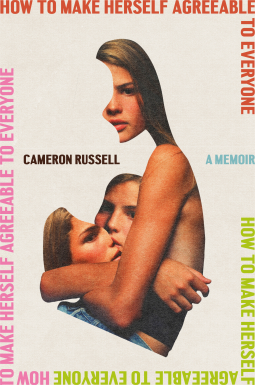
 A compelling look at the seamy underside of the fashion industry, told from the perspective of a vulnerable young person who had more of a backbone than most right from the beginning but was still manipulated and abused. Instead of letting herself remain a victim, she used her visibility became an advocate for others in order to help change the system. This book will also go a long way in doing that. Thank you, Cameron Russell, for sharing your experiences in what must have been a very painful memoir to write.
A compelling look at the seamy underside of the fashion industry, told from the perspective of a vulnerable young person who had more of a backbone than most right from the beginning but was still manipulated and abused. Instead of letting herself remain a victim, she used her visibility became an advocate for others in order to help change the system. This book will also go a long way in doing that. Thank you, Cameron Russell, for sharing your experiences in what must have been a very painful memoir to write.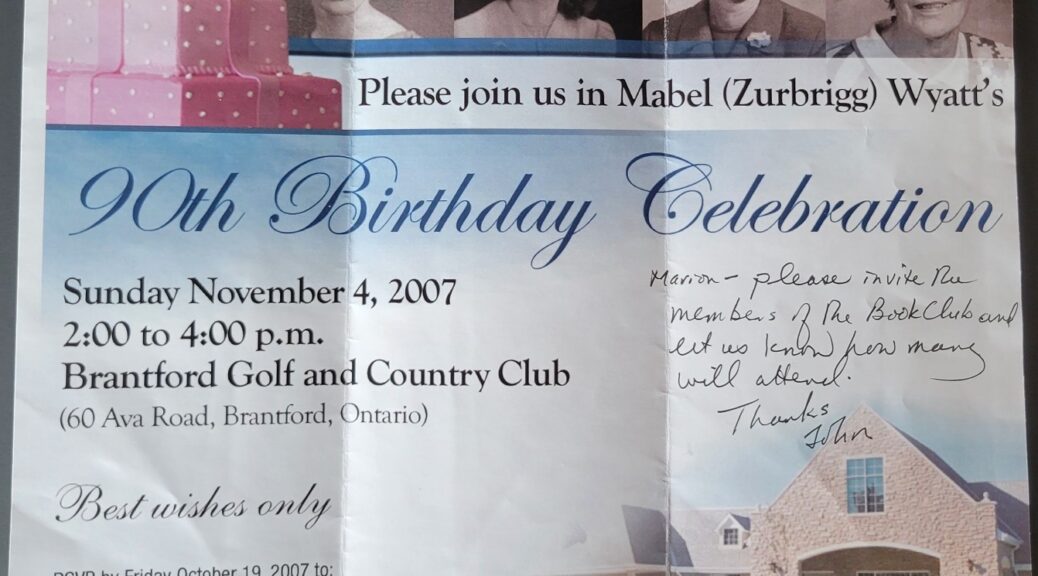
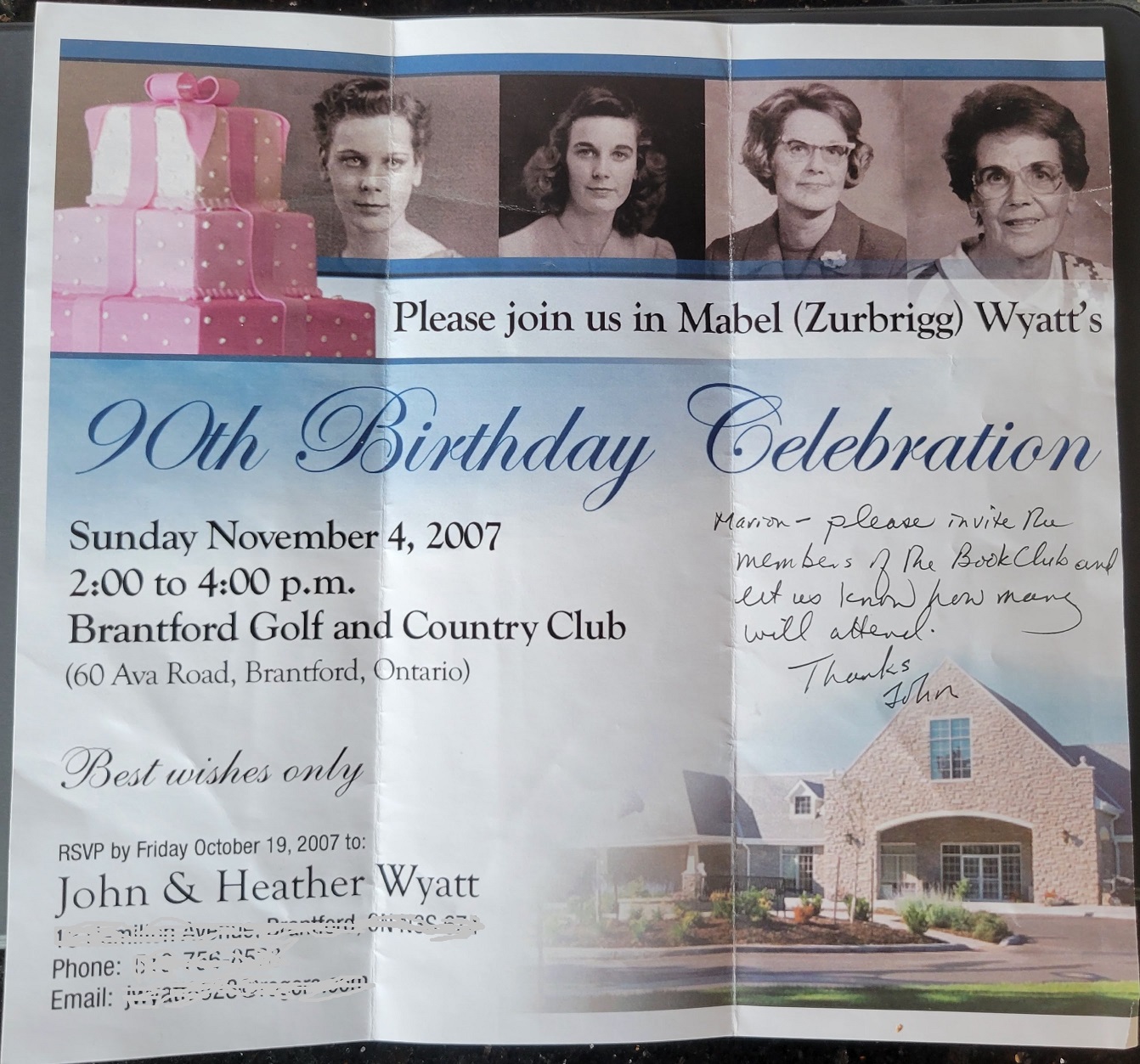
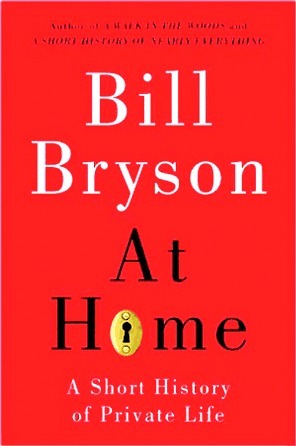
 Title:
Title: 

